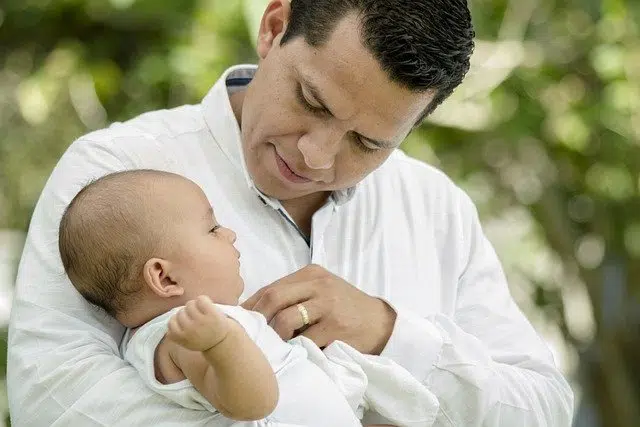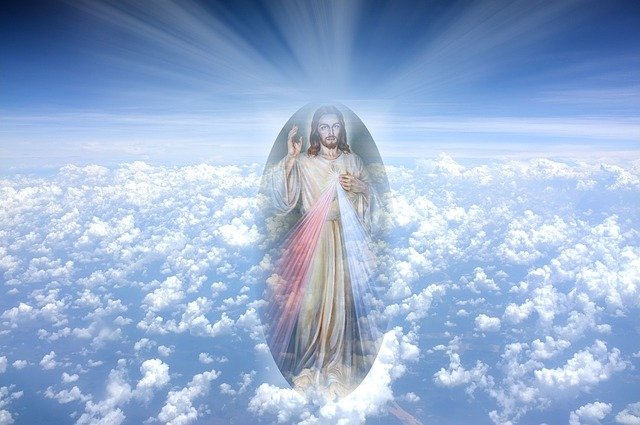
The man who fathered or adopted a child is mentioned as the father.
A father is a man or male who has fathered or adopted a paternal role . This means that a man can become a father in a biological sense or from a social and cultural responsibility that he acquires by resorting to adoption .
The function of the father, therefore, exceeds the merely biological issue or reproduction. He is a key figure in the development of a child since he must protect him, educate him and help him in the different stages of his growth .
For example: "Kirk Douglas is the father of Michael Douglas: they have both managed to succeed in Hollywood" , "My father works in an insurance company" , "Patricia's father was diagnosed with Alzheimer's disease, and this was devastating for the family." « .
A day of tribute
Fathers in many countries are honored once a year in a celebration that each family organizes in their own way; Depending on the customs and beliefs of each person, the celebrations include dinners and gifts. In several Catholic nations, this date coincides with the day of Saint Joseph , husband of the Virgin Mary and father of Jesus Christ .
It should be noted that when this term is used in the plural, it can refer to both several men and parents in general, that is, including mothers .

In Catholicism, the first person of the Holy Trinity is called Father.
Father in religion and as an inventor
In religion , Father (written with a capital letter) is the first person of the Holy Trinity . God is, according to Christian belief, Father, Son and Holy Spirit.
The term father is also used to refer to priests and certain religious: "Father, I want to confess," "Father Miguel will celebrate mass next Sunday."
Father is, on the other hand, the inventor of something or the origin or beginning of something : "The Italian Guglielmo Marconi is the father of the radio" , "The former president is the father of the economic problems that we suffer today" .
The Oedipus complex
Psychoanalysis calls the Oedipus complex a series of feelings that derive from the erotic bond of a child with the parent of the opposite gender ; This concept was born from research carried out by the legendary Sigmund Freud, who claimed that it was a basic stage in the psychic and sexual development of a person.
According to Freud's observations , this complex takes place between the ages of two and five, a period in which one begins to experience a strong combination of feelings of great intensity (such as love, hate, jealousy and fear), which remain until the individual identifies with his father and learns to repress the instincts of his sexuality.
When a child cannot go through this stage of libido development, called phallic, or any of the rest (according to Freud, the oral, anal and latent), it is likely that he will experience difficulties in adulthood, either due to lack of satisfaction of their needs or by their excess satisfaction.
Love and hate towards the father
The father of psychoanalysis also pointed out that the Oedipus complex, which represents sexual tendencies that are not accepted in society , is the core of neuroses; Furthermore, he expressed that it is up to therapists to work on the feelings of love and hate that one has for the mother and father, respectively, to help the patient redirect their impulses and normalize their family relationships.
Finally, when this phenomenon occurs focusing on hatred of the mother and love of the father, with a girl as its protagonist, it is called an Electra complex , a name assigned by the celebrated Swiss doctor and psychoanalyst Carl Jung.
